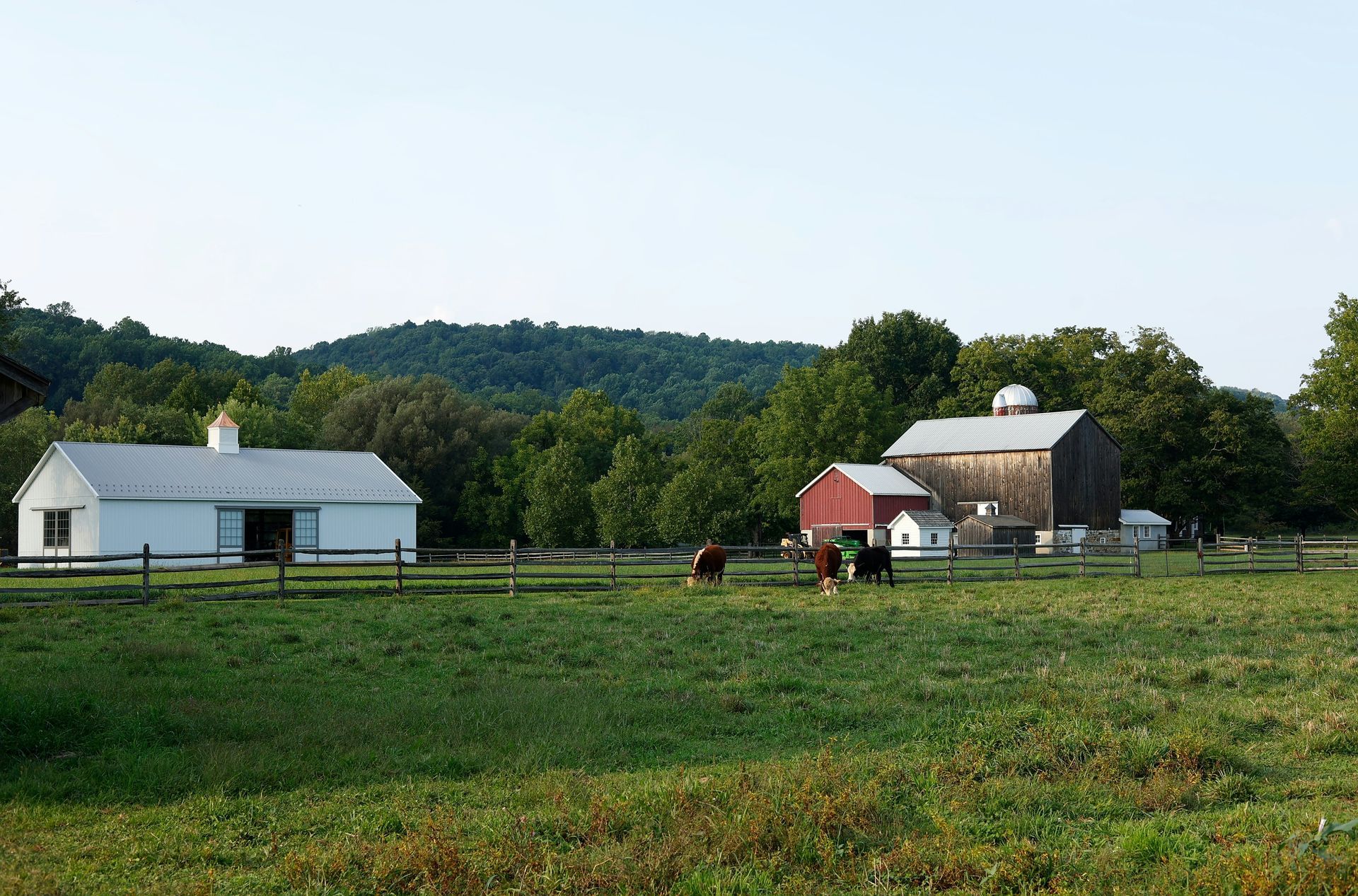Wayne County Crop Insurance
Wayne County sits at the heart of Eastern North Carolina agriculture. From grain farms near Goldsboro to sweet potato and produce operations in Mount Olive, farming here is a major part of the economy and way of life. But as every grower knows, a single weather event or market shift can undo months of hard work. We help Wayne County farmers build smart crop insurance plans that reflect their real needs — no guessing, no one-size-fits-all. We’ve worked in this area for years and know how to keep the process straightforward.
Insurance Support for Wayne County Growers
Practical help for local farms, large & small


Insurance Options for Wayne County
Policies built for local fields & weather
We offer USDA-backed crop insurance that covers row crops, forage, livestock, and specialty operations across Wayne County.
Multi-Peril Crop Insurance (MPCI)
Protects against weather-related losses — from hurricanes to drought — for crops like corn, soybeans, cotton, and tobacco.
Revenue Protection
Helps protect your income when prices fall after planting or yields don’t come in as expected.
Whole-Farm Revenue Protection (WFRP)
A fit for farms growing multiple crops or marketing directly to buyers.
Actual Production History (APH) Policies
Based on your farm’s past performance — useful for tobacco, peanuts, and other key crops in the area.
Livestock Risk Protection (LRP)
Covers price drops for cattle producers, with no futures account needed.
Pasture, Rangeland & Forage (PRF)
Index-based support for hay or grazing land during dry months.
Nursery & Specialty Crop Policies
Coverage for produce growers or nursery operations.
Map Books & Planning Tools
Field-by-field maps to simplify acreage reporting and help stay on track throughout the season.
What crops are commonly insured in Wayne County?
Row crops like soybeans, corn, cotton, peanuts, and tobacco are the most commonly insured in Wayne County. Many farms also qualify for hay or pasture coverage, and some may be eligible for specialty crop policies for sweet potatoes or vegetables. We’ll walk you through your eligibility based on what you grow, how you sell it, and your location in the county. Even if you have a mix of leased and owned land, we can tailor coverage that works.
How do Revenue Protection and MPCI differ?
MPCI focuses on weather-related damage — things like excessive rain, hail, or drought that reduce yield. Revenue Protection includes those losses, but also adds coverage in case commodity prices fall after planting. If you’re marketing grain and watching market prices closely, Revenue Protection may be worth considering. We’ll help you compare them using real examples from Wayne County farms.
What if I have fields scattered across different townships?
That’s not a problem. Many farmers we work with have land spread out across Goldsboro, Dudley, Fremont, and beyond. We use updated FSA maps to track each tract and make sure everything is reported correctly. You’ll also receive a free map book each year — a helpful tool when it’s time to report acres or file a claim.
I raise livestock and grow hay — what are my options?
If you run cattle or produce hay, PRF and LRP may be a good fit. PRF covers lack of rainfall on grazing or hay acres, while LRP protects livestock against market price swings. These plans don’t require production records like crop policies do, and they’re popular among farms with mixed-use acreage. We’ll explain how each works and help you get signed up in time.
Do you offer in-person help for Wayne County farms?
Yes — we visit farms all across the county, including Pikeville, Seven Springs, and Brogden. We don’t believe in rushing through sign-up or leaving you to figure things out on your own. If you’d rather meet at your farm, sit down with a map book, or go over things face-to-face, we’ll make it happen. That’s how we’ve built long-term relationships here.
